I’m currently reading The Conscious Kitchen by Alexandra Zissu
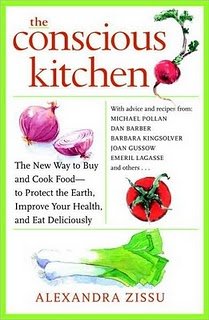 Alexandra Zissu is a writer who focuses on green living, food, and parenthood. In The Conscious Kitchen, she provides a thorough guide to the average consumer trying to make the best choices for the health of both her family and the planet while still appreciating great-tasting food.
Alexandra Zissu is a writer who focuses on green living, food, and parenthood. In The Conscious Kitchen, she provides a thorough guide to the average consumer trying to make the best choices for the health of both her family and the planet while still appreciating great-tasting food.
There’s so much valuable information in this book, some of which I already knew, and some that’s been new and extremely helpful.
The myriad of topics she covers include how to avoid pesticides and chemicals, how and why to avoid plastics, how to decipher food labels, how to determine food safety, including seafood, meats, and produce, and understanding the industry lingo (What, exactly, does “all natural” mean, anyway?). There’s also information on what’s best to cook with, food storage, low energy cooking, and appliances.
On top of all of that, it’s speckled with tips and recipes from some top dogs like Michael Pollan and Barbara Kingsolver.
I’m about half way through the book, but can already recommend it based on what I’ve read. It’s been a great resource for me on my journey towards the healthiest, most conscious kitchen I can create.
In the beginning of the book there’s a section called the “conscious commandments”. Zissu lists 10 things that you can start doing today to move towards having a more conscious kitchen. I was happy to see I’m already doing most of it. Check it out and see where you stack up.
Checklist for a Conscious Kitchen
1. Eat less meat. When you do eat meat, make sure it is carefully sourced.
Check. Our meat consumption has steadily decreased in the past few years. Typically we eat meat once a week, but more when I’m pregnant.
2. Stop drinking bottled water; drink (filtered) tap water instead.
Check. We stopped drinking bottled water almost 3 years ago. We use a Brita water filter.
3. Buy local organic and/or sustainably farmed fruit and vegetables.
Check. We are a part of a CSA from a local, organic farm. We do buy other, non-local fruits (like bananas), too, but do our best to keep most of our fruits and veggies local when in season.
4. Seek out the least contaminated wild or well-sourced farmed seafood.
Check. Unfortunately this gets expensive, so we don’t eat all that much seafood anymore. But when we do it is from sustainable, clean sources.
5. Think about packaging when you buy. Buy in bulk and shop with reusable bags.
Mostly check. I do avoid over-packaged goods and recycle and reuse package materials. I also use reusable shopping bags. I probably should buy in bulk more.
6. Cook at home most of the time. Serve your food on reusable dishware and use ec0-friendly cleaning products.
Mostly check. Clearly, I cook at home most of the time. We use disposable dishware only once a year at Meghan’s birthday party. I should use cloth napkins more, but tend to use paper most of the time. I always use ec0-friendly cleaning products.
7. Avoid plastics as much as possible.
Check. This has been a process for me, but I’ve eliminated a lot of plastic from my life. Check out this post on how I’ve worked to eliminate plastics.
8. Try composting.
No check. Maybe someday, but I haven’t tried this yet. My parents do it, so I should get some tips from them and give it a whirl!
9. Reduce energy in the kitchen by choosing efficient appliances, cooking methods, and dishwashing practices and don’t leave appliances plugged in when not in use.
Mostly check. As a renter, I don’t have any say over my big appliances. I do keep my small appliances unplugged when not in use. I also make sure my dishwasher is completely full before I run it. That counts, right?
10. Spread the word. Help others learn what you know.
Check. I try to do that through this blog.
The information in the book is much more in-depth than this checklist, but it’s a great starting point. Check out The Conscious Kitchen by Alexandra Zissu
to learn more!
Question: Based on the checklist above, how conscious is your kitchen?
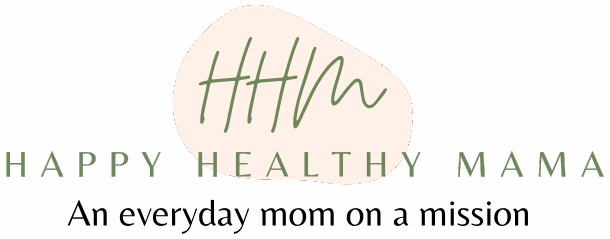

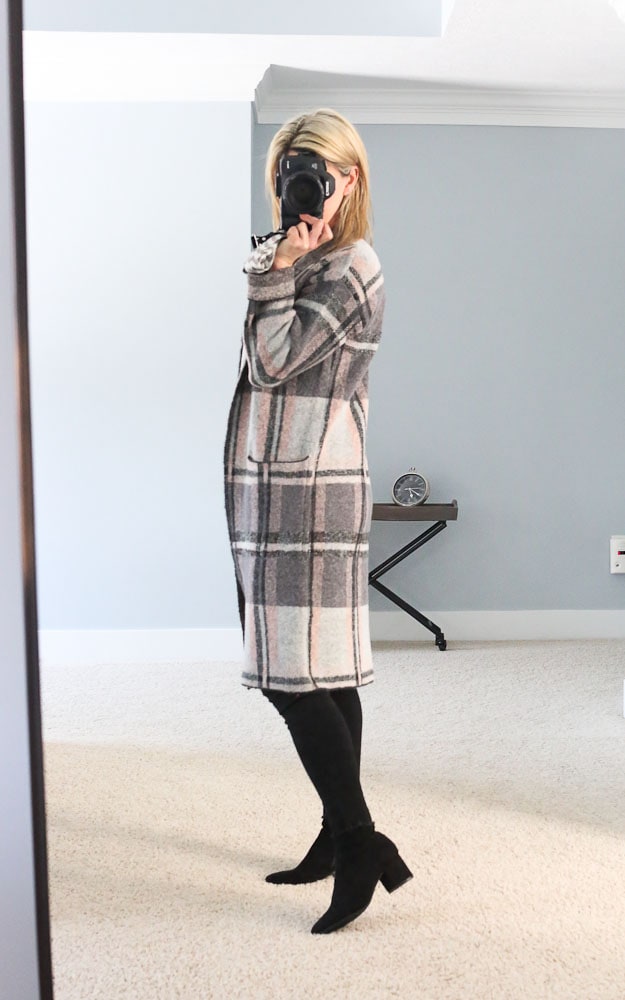

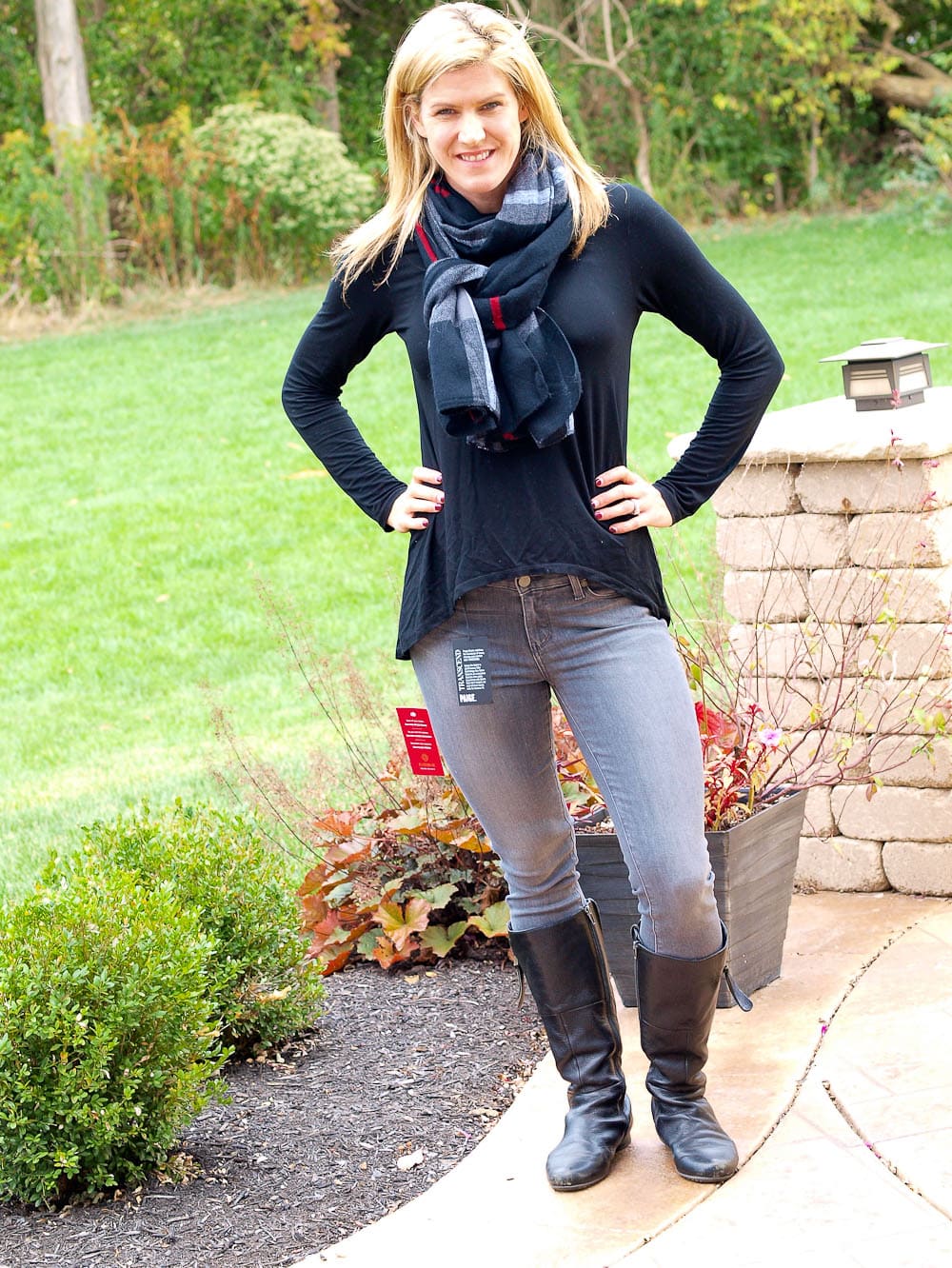
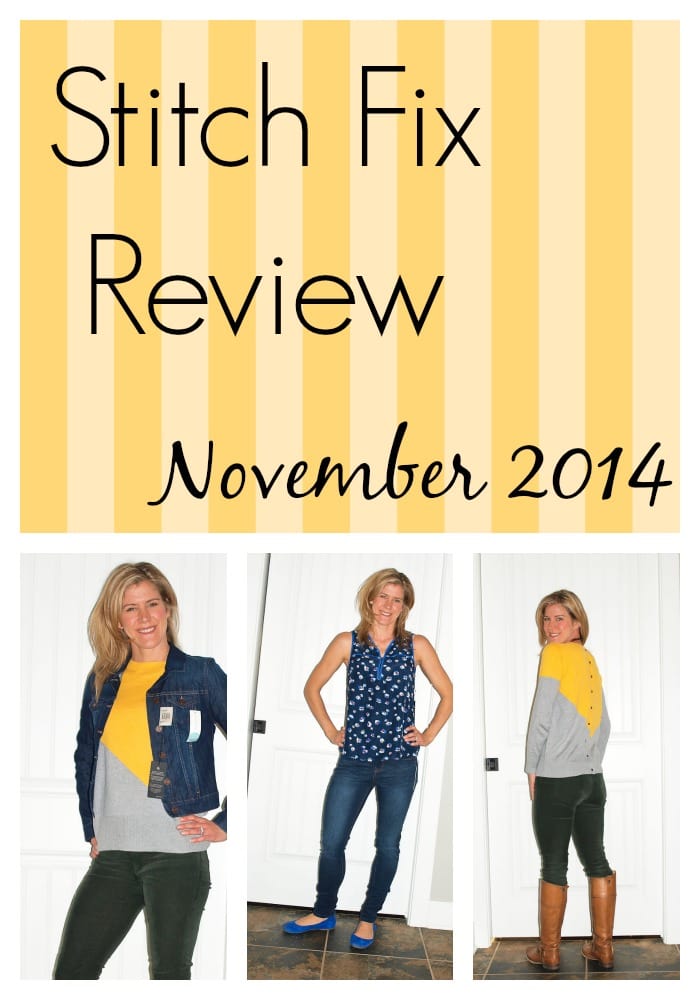
Hi! I read and enjoyed this post also read your post on de-plasticizing. You got me thinking as I was looking around the nursery. I spotted my 6wk old son’s pacifier that we just introduced (my daughter sucked on them for 2 yrs,) and I gasped! Not sure how you feel about a paci for Baby Bean. But I did a quick search and realized the Nuk is silicone, which is a very inert, implantable substance. Then I saw the Natrussen (?) rubber paci that sounds good/safe. What are your thoughts/experiences on this? Thank you!
When Meghan was first born, I wasn’t as aware of the dangers of plastics. She never really like the paci, however, so it wasn’t an issue for us. That’s a great question, though, and I’ll have to do some research before I figure out if we’ll even offer a paci to Baby Bean. Meghan found her fingers very early and I was fine with her having those to suck on, so maybe it’ll be the same with her brother!
You and I have almost the same answers. Compost intimidates me, but do did cloth diapering and kombucha making and I successfully tackled those two things….
I’ll have to add that book to my library list. ps – we get extra points for using the library, right? That’s green. And cheap. 🙂
Mine’s not bad, but it could be better. I hate how 75% of the time when you buy in bulk, it’s just a bigger package around the same smaller packages (thinking Costco, Sams Club, etc. here). Good for you for taking so many steps in the right direction.
Maryea, Sounds like your husband and my husband are very much alike in the food department. My husband also eats it every day for lunch (out) and whenever we eat out. So frustrating! Of course, I’ve told/read to him all the benefits of eating a plant-based diet but he is unwilling to change.
Check and mostly check.
No check, we still use bottled water at times, I am afraid to drink our tap water even with the brita. We live in Florida and the water is not so good…I don’t know which is worse. I do know that our water taste horrible and the bottled water doesn’t. This has been on my mind for awhile but I can’t seem to find a good solution, yet.
no check, compost. I can’t even imagine what that would smell like in the heat of summer…plus I have no garden of my own to tend to. 🙁 My parents have a great compost and garden up north, that counts for something right?
Sounds like a great book!
I lived in Miami and agree with you about the water! No good. We had Zephyrhills delivered. I hope water delivery is a little better because the bottles are harder and you can refill your own stainless steel. Plus it tastes so much better so I drink a lot more! I know the delivery is not very Eco conscious though:(
Having water that tastes good is so important!
Yay! I think our kitchen is pretty conscious, too. I love to hear what others are reading, too, so thanks for the recommendation. I wonder if I can check it out at our library? And, we don’t eat meat at home anymore at all. Although, when we did I only bought our meat from a local farmer. Every once in awhile I still might prepare fish, but, like you said that is expensive so I’m not sure. So much easier to just eat vegan or vegetarian in my mind. When we go out, my husband still orders meat, though. He reminds me often he is not vegetarian. Sigh!
The copy I’m reading is from the local library. When I was a vegetarian, Tim ate meat every day for lunch (out) and also whenever we ate out. I didn’t prepare it at home, but that didn’t stop him from eating it whatever chance he got!
this seems to be a great book, thanks for recommending!
I really give my best to live eco-friendly, but there are always so many more things you can do. Baby steps!
Baby steps for sure. This book really gives some great ideas and useful tips. Highly recommend!
I always love to hear what others are reading and this sounds like one I would like, so thanks for the recommendation. Based on the checklist, it sounds like our kitchen is pretty conscious–yay! I need to do further work on purchasing local/sustainable produce though. Because of where we live, there is only so much that will grow with our short summers. And what would we do without bananas? 🙂
Sounds like a great book, especially if Michael Pollan is involved in any way. I tend to agree with the things he says because it is so informed, kind of like this book seems to be! …Thanks for sharing your read!
I love Michael Pollan, too. I especially love his quote, “Eat food. Not too much. Mostly plants.” I live by that!